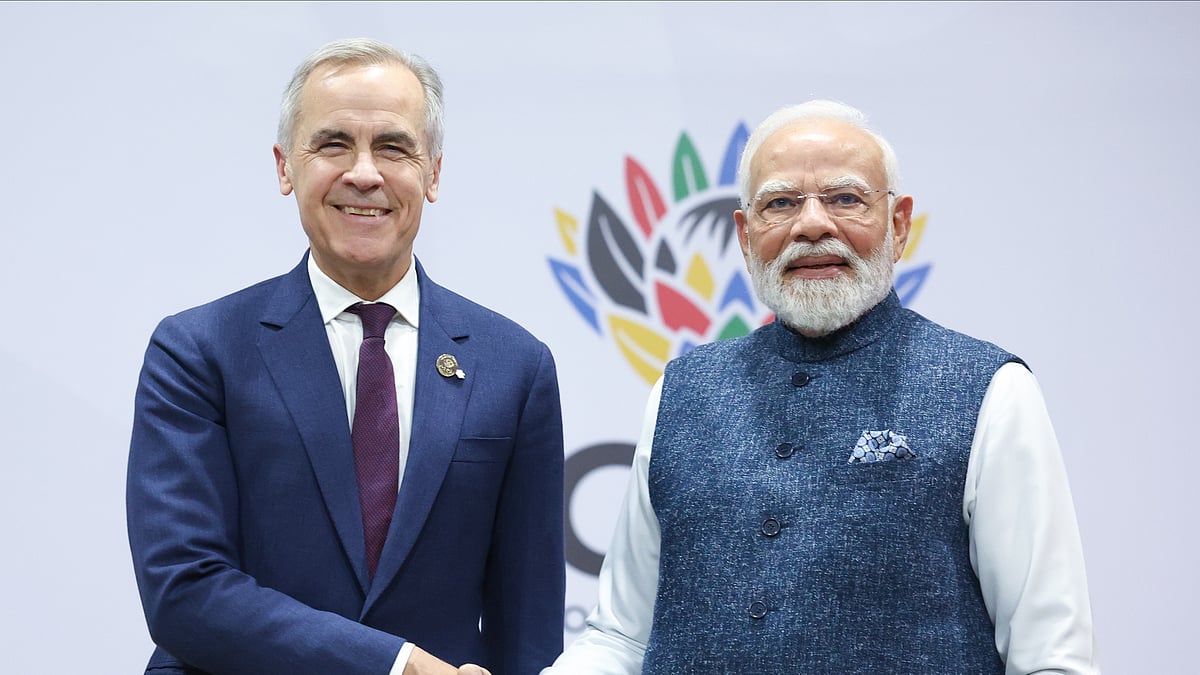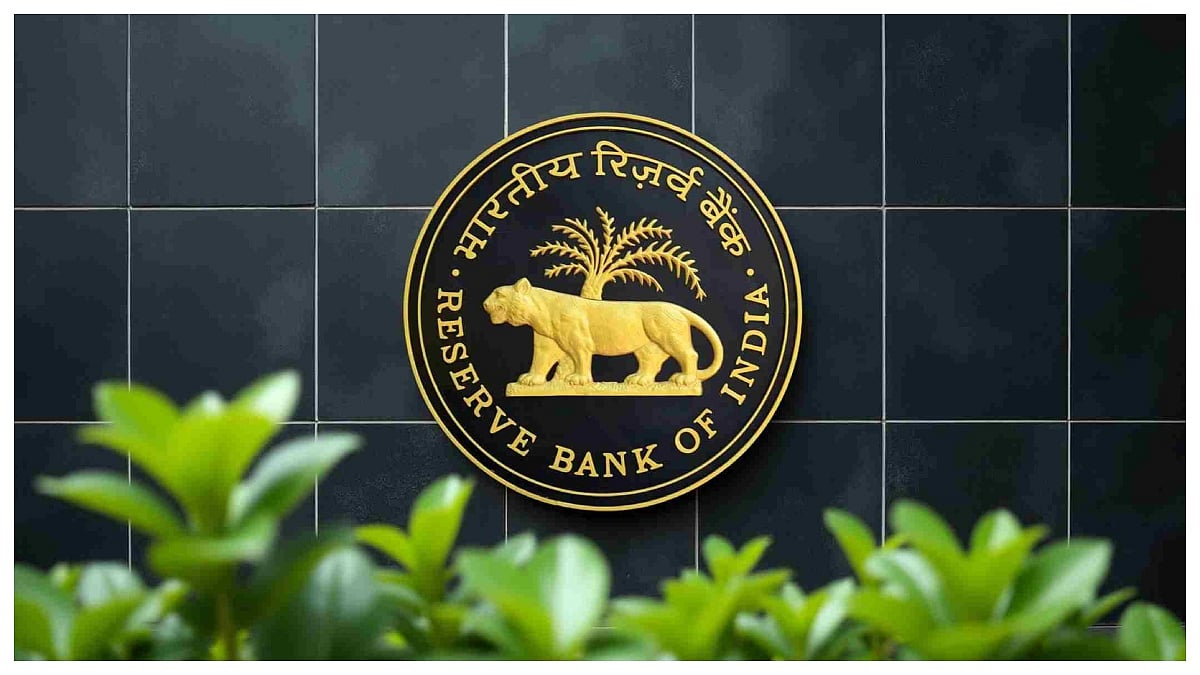In 2018, when the HD Kumaraswamy-led Congress-JD(S) government was formed, a show of strength was put up by all like-minded opposition parties. Five years down the line, when the Congress has won Karnataka by a thumping majority, a similar scene is playing out. Can the opposition move beyond the Kodak moment, which is nothing other than momentary satisfaction or to some extent a transient pleasure in tantalizing the BJP? Can the opposition parties not coalesce without the public display? Perhaps the results then could be better and different.
Former Congress leader and senior advocate Kapil Sibal, just a day after the swearing in of the Karnataka government, said that opposition unity requires much more than optics of this nature. He even said that a meeting of minds, a common agenda and sacrificing partisan interests are more important. These three perhaps would be the substratum of opposition unity but they not only look far fetched at the moment but also unimplementable.
Take the case of politicians who were not invited to the swearing in of the Siddaramaiah government. AAP's Arvind Kejriwal, BRS chief KCR, BJD's Naveen Patnaik, BSP's Mayawati, and YSR Congress' Jagan Mohan Reddy were not on the invite list despite the Congress making claims of forging an opposition unity. Mamata Banerjee was invited but she deputed her Lok Sabha deputy leader, Kakoli Ghosh Dastidar. Mamata conveyed her wishes but not sending senior TMC leaders such as Sudip Bandopadhya or Derek O'Brien is seen as a signal by TMC that it is not very thrilled about the Congress victory and that it does not want to give much leeway to others in the opposition.
Many senior leaders from the Congress said off the record that the decision to not invite at least five political parties was part of the Congress positioning in the respective states. It strategically avoided the parties with whom it was at loggerheads, whether it is AAP in Punjab, BRS in Telangana or CPM in Kerala. The Congress invited UPA allies to share the stage but the party is also working on a track two umbrella plan of bringing into its fold parties that have maintained equidistance with the BJP and the Congress. So, is the Congress involving itself directly in the track two process? Not exactly but this is where Bihar Chief Minister Nitish Kumar is taking centre stage and the Congress is playing the role of a facilitator in this.
Nitish Kumar has already had a series of meetings with opposition leaders and has made no bones about the one-is-to-one formula of fielding one opposition candidate against a BJP candidate for the 2024 elections. The formula is not new and the strategy delivered results in 1977 and 1989. In the present context how many players in the opposition ranks would be willing to follow the one-seat-one-candidate formula? How much ground will the regional parties be ready to cede? To what extent can the Congress adjust and accommodate? These are queries in the realm of speculation currently.
Regional parties are still skeptical of the Congress playing the big brother and this is where Nitish Kumar seems to be taking a lead in initiating negotiations for a grand alliance before 2024. The Congress has already visualised him playing the crucial role of the sheet anchor uniting parties of diverse ideologies.
The Congress, along with Bihar's Sushasan Babu, could pull off a feat reminiscent of Jayaprakash Narayan who brought a disparate opposition together to dethrone Indira Gandhi during the Emergency era. A successful opposition alliance against Prime Minister Narendra Modi doesn't look impossible but at the same time is not easily doable because there are more questions than answers on egos, adjustments and workable formulas. A lot depends on how the Congress performs in the Rajasthan, Madhya Pradesh and Chhattisgarh elections and then more significantly how many seats it is able to win in the Lok Sabha elections.
The picture on opposition unity or a prospective alliance will take a final shape only before the semi final assembly elections. This also means that an opposition alliance cannot surely be fathomed without the grand old party and that regional parties might have to abdicate their high horse positions only to realise in the end that they will have to go along with Congress. The outcomes of the forthcoming assembly elections will decide whether the Congress will be in a position to bargain or will have to play at the periphery. The Karnataka elections have created a momentum for the opposition and have surely been a good beginning but the real challenge will begin now.
As the Modi government begins to pamper and coddle itself with the celebrations of nine years of governance, the picture of a grand opposition unity looks amorphous and illusionary as of now. To extrapolate the recent Karnataka results for the Lok Sabha polls in 2024 would not only be a mistake but the statistics also do not portray an encouraging picture. Remember 2012 when the Samajwadi Party got a thumping majority but two years later the BJP swept Uttar Pradesh with 73 out of 80 seats. The Congress won Madhya Pradesh, Rajasthan and Chhattisgarh in 2018 but performed miserably in 2019 Lok Sabha polls.
The Congress and Nitish Kumar seem to be working in tandem on bringing the secular and democratic forces together on the visible plank of inflation, unemployment, caste census and federal issues but whether they can construct the edifice of a grand alliance against Modi is anybody's guess. By the time things shape up for the opposition ranks, Modi will have completed ten years of governance and will be battling anti-incumbency. Till then, both the opposition and Modi will have to walk narrow and straight.
(Neelu Vyas is a senior television anchor and consulting editor with Satya Hindi)





